The Department of Pediatrics at the University of Wisconsin School of Medicine and Public Health is committed to creating a social impact and fostering a sense belonging as vital to our mission of clinical care, education, research, and advocacy.
Social Impact
The effect that education, research, and health care policies, practices and interventions have on the well-being of individuals and communities. This includes improved population health outcomes and overall quality of life in alignment with the Wisconsin Idea.
Belonging
The extent to which learners, faculty and staff know and feel that they are valued, respected, included and celebrated for their individual and unique contributions and identities.
Our Work
Health Equity Rounds
Health Equity Rounds is a longitudinal, case-based conference series and curriculum built on the belief that medical education has the power to improve health equity. Health Equity Rounds was started in 2016 when the Department of Pediatrics at Boston Medical Center recognized that few curricula existed to engage individuals as learners rather than teachers of topics including structural racism and implicit bias. The Department of Pediatrics is committed to hosting two Health Equity Rounds sessions per academic year.
Social Impact and Belonging Committee
The department’s Social Impact and Belonging Committee is made up of faculty, staff, researchers, APPs, and trainees who are passionate about maintaining an workplace rooted in health equity. The group meets to discuss departmental initiatives and utilizes three main subcommittees to organized more specialized work in the areas of research, education, and community.
Department members who are interested in joining the committee can email Jenna Contreras.
Resources
- Accessibility@UW–Madison — A centralized location for accessibility and disability training, guidance, and resources.
- UW School of Medicine and Public Health Social Impact and Belonging web-based modules — The School of Medicine and Public Health Office of Social Impact and Belonging invites you on a journey to explore these modules so we can build a sustainable culture of belonging for everyone. It is their hope that these modules will help build the muscle necessary for everyone to achieve the following goals: Create a culture of belonging so all team members feel valued and respected, ensure patients have access to health care that is respectful of each individual’s experience and needs, and improve health outcomes for all our communities through social impact.
- Centennial Scholars/Clinicians Program — The Centennial Scholars/Centennial Clinicians (CS/CC) Program is designed to support departments in hiring and developing diverse faculty from groups who experience health disparities in Wisconsin. Faculty diversity enhances the quality of education, clinical care and research at the University of Wisconsin School of Medicine and Public Health. The Centennial Scholars/Centennial Clinicians Program encourages and facilitates the development of a research and educational network of faculty members across SMPH.
- Employee Experience and Belonging Community of Practice — This community of practice is a voluntary, employee-led group committed to fostering shared learning, collaboration and innovation across the School of Medicine and Public Health. It offers a supportive space for employees to explore shared professional interests and drive meaningful improvements in areas such as inclusive leadership, retention and engagement, social impact, belonging, and the overall employee experience.
- UW Department of Pediatrics Residency Program Social Impact and Belonging — Information about social impact and belonging in the Department of Pediatrics Residency Program.
- UW–Madison Multicultural Student Center — The Multicultural Student Center provides support, advocacy, and co-curricular experiences that center, affirm, and celebrate the varied and intersectional experiences of all UW students. Their spaces, programs, and services are designed to cultivate a sense of belonging and community while strengthening all students’ capacity to learn, lead and thrive. The MSC is open to all students.
- UW–Madison Gender and Sexuality Campus Center — The Gender and Sexuality Campus Center provides education, outreach, advocacy, and resources for UW-Madison student communities and their allies to improve campus climate and their daily intersectional experiences.
- UW–Madison McBurney Disability Resource Center — The McBurney Disability Resource Center is UW-Madison’s resource for disability-related student accommodations. They work to ensure all students have equitable access to their educational experience, regardless of their disability status. They collaborate with students, faculty, and staff across campus to create a culture of inclusion so that all students can engage, explore, and participate fully in the Wisconsin Idea.
- Digital accessibility guidelines — UW–Madison is committed to ensuring our digital campus is accessible and free from barriers for all members of the university community. In this guide, learn about digital accessibility or reach out to the Center for User Experience for more support and resources.
- Employee Disability Resources — The Employee Disability Resources (EDR) office serves as the campuswide hub for information on the disability accommodation process for employees and applicants. They recognize that all UW–Madison applicants and employees with disabilities have a right to ask for a reasonable accommodation, and they advocate for a process to identify if one can be made. If you are experiencing difficulty in the hiring process, while performing duties of your job, or accessing an employment benefit, you can consider requesting an accommodation.
- Social Impact Lens Policy Assessment Toolkit — This toolkit provides guidance and structure to ensure a standardized approach and mitigate unintended consequences when developing new policies and reviewing existing ones.
- NameCoach — Record the proper pronunciation of your name and post it to your online profiles and email signature.
- Tips for Preventing and Responding to Microaggressions Badge Backer — Request a printed, foldable card that fits into your ID badge holder. The card includes key strategies to interrupt microaggressions, discrimination, and bigotry to make it clear that we value and stand behind our learners, staff, and faculty.
- UW Academic Calendar & Religious Observances — Planning events and meetings? Consider religious observances when setting dates. Visit the UW–Madison Academic Calendar webpage for a list of religious observances as well as instruction on how to add the Academic Calendar & Religious Observances Outlook Calendar to your own Outlook email and calendar account.
- UW Health Language Access and Interpreter Services — Providing language services to limited English-proficient and/or deaf/hard-of-hearing patients and families.
Social Impact and Belonging News
Recent Posts

Family-led academic grand (FLAG) rounds will highlight the unique challenges of care for children with disabilities or medical complexity
On Thursday, January 16, a special series of Department of Pediatrics Grand Rounds will commence with its inaugural presentation. A family-led academic grand rounds (FLAG rounds) will offer a new view and a unique sort …
December 9, 2024
UW–Madison Prevention Research Center receives $5 million from CDC to improve maternal and child health outcomes in Wisconsin
The University of Wisconsin–Madison Prevention Research Center has been awarded $5 million in grant funding for the next five years from the Centers for Disease Control and Prevention (CDC) to facilitate community-engaged research addressing maternal …
October 17, 2024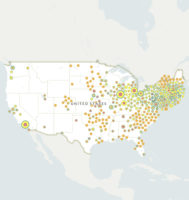
How old ‘redlining’ policies still affect childhood asthma risk
This article was originally published by Cincinnati Children’s and shared nationally through PR Newswire on September 24, 2024. Read the original article. An old government policy that determined who was eligible to receive government-supported home …
October 9, 2024- More Social Impact and Belonging News posts
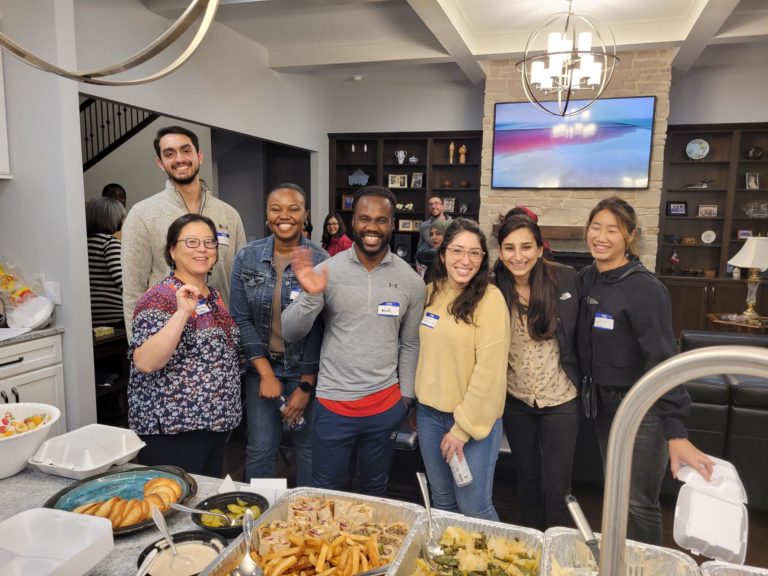
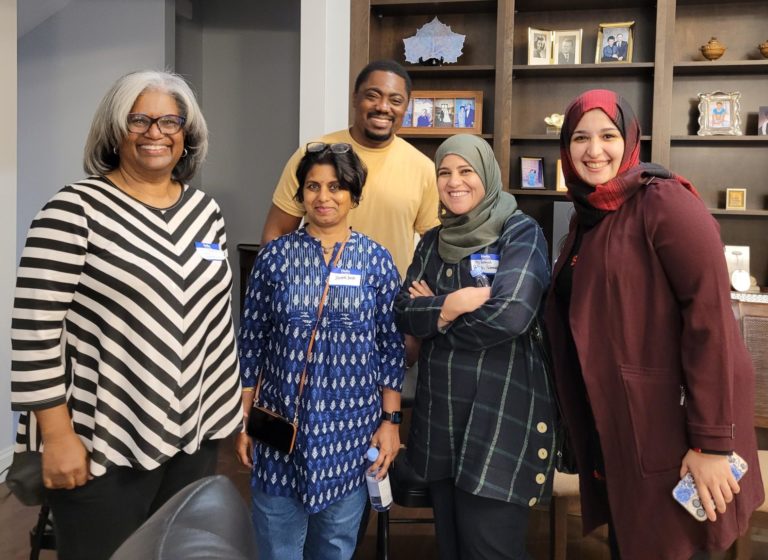
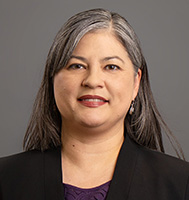 Mary Ehlenbach, MD, director of social impact and belonging, associate professor, Division of Hospital Medicine
Mary Ehlenbach, MD, director of social impact and belonging, associate professor, Division of Hospital Medicine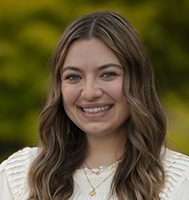 Jenna Contreras, strategic initiatives specialist
Jenna Contreras, strategic initiatives specialist Aaric Guerriero, MA, program manager for social impact and belonging
Aaric Guerriero, MA, program manager for social impact and belonging